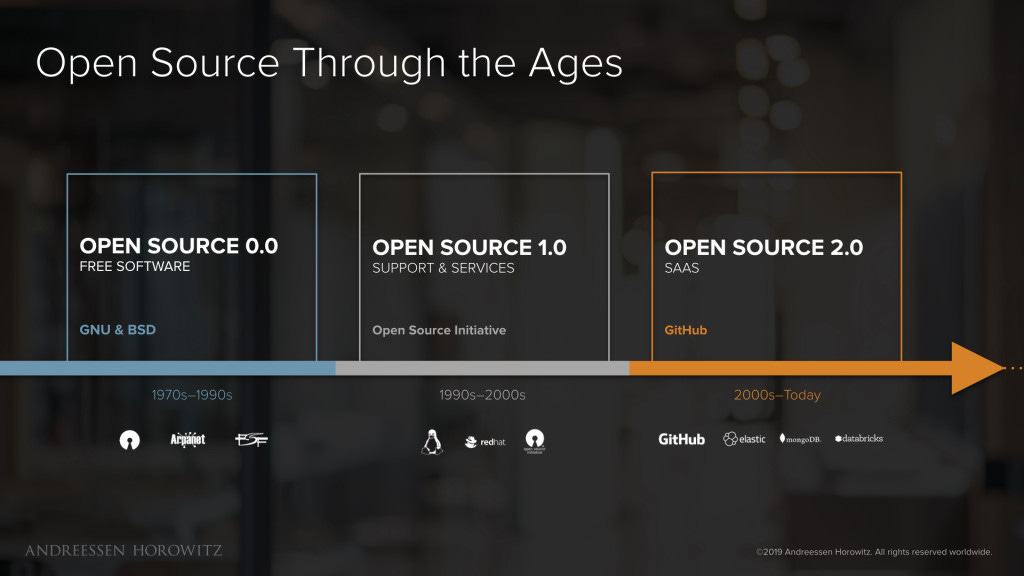For nearly a decade, I’ve kept regular journals that document my mood and aspirations. It started organically — I wanted to make sure I didn’t forget what I was feeling as I started a new chapter in my life. Over time, this habit has become a driving factor of my overall mental wellbeing.
My routine is simple: I write when the mood strikes, and I don’t edit. I try to write at least once a month and give myself an hour to do so with no distractions. I consider my mood after waking up and before bed, and log it daily in a simple tracker on my phone.
These actions have led to self-reflection and clear goal-setting that shape who I am today. I’ve created a feedback loop that allows me to objectively consider my motivations and the impact of my decisions.
I’m not sure if this practice is common. It certainly doesn’t seem to be something that is discussed often, especially among young (male) adults. This is unfortunate, as the majority of modern self-expression is typically done in completely public spheres that don’t allow for any weakness, either real or perceived.
Writing is hard, and self-reflection is a skill that needs to be developed like any other. Some of the leaders whom I admire most have had rigorous routines for this type of activity. Consider for example, Benjamin Franklin’s daily schedule:

The most interesting part of this schedule, apart from the regularity, is the presence of two questions that are asked each day:
What good shall I do this day?
What good have I done today?
These seemingly simple questions are anything but. Instead of focusing on “how the day went”, these questions measure your own actions, rather than circumstance.
These concepts arise from Stoicism, a philosophy practiced by ancient Romans focused on the acceptance of things outside of our control. Marcus Aurelius, a philosopher and Roman emperor, wrote his own self-reflections in a manuscript called Meditations.
I’m a believer in Stoic philosophy and apply this lens to many of my own decisions. The first line of The Enchiridion, a Stoic text, reads:
Some things are in our control and others not.
Understanding this is an important first step to acceptance. Combined with meditation, these tools are powerful ways to shape personal outlook and mood.
There isn’t a right answer to managing yourself. I’ve found some success in Stoicism, and maybe you will too.
📚 Reading
The city of San Francisco has established an "Office of Emerging Technology”, along with a mandate for technology companies:
“Before any new tech device is used, tested or piloted in The City, the office would coordinate the review with relevant departments and would “issue a Notice to Proceed if the net result is for the common good,” according to the announcement.”
and
Any company operating an “Emerging Technology Device” is required to apply for a $2,006 permit prior to operating on sidewalks and public rights of way […] The definition of “Emerging Technology” means any new technology which has characteristics including a “beta” label or absence of a federal or state safety certification.
This is an unfortunate development for innovation. San Francisco has long been the epicenter for new technology, but rising housing costs, homelessness, and a bureaucratic city government are posing risks to their dominant position.
Visa, Mastercard, and Stripe have pulled out of Facebook’s Libra project after pressure from regulators.

Senators Brian Schatz (HI) and Sherrod Brown (OH) wrote open letters to the CEOs of the payment companies, urging them to drop their involvement with the consortium. An excerpt from the letter:
If you take this on, you can expect a high level of scrutiny from regulators not only on Libra-related payments activities, but on all payment activities.
I’m personally disappointed with this response from our appointed representatives. Payments are not a solved problem, and strong-arming companies with threats of regulatory scrutiny for participating in a consortium sets a precedent for stifling innovation through new business models. Facebook’s reputation is not helping matters here — I’m curious to see what will come from Libra if off-ramps to fiat are disabled at launch. There is still a use case for in-app payments, but the genius of the project was pegging the token to a basket of currencies. Without payment processors onboard, it will be difficult for Libra to gain adoption at your local coffee shop or grocery store.
A McKinsey report on the growth of Asian economies.
The report is divided into several sections covering Trade, Corporate Growth, Digital Innovation, and Consumerism. However, Asia is not a homogeneous region and cannot be summarized in a single report. For weekly information on China specifically, I highly recommend Jeff Ding’s ChinAI newsletter.
A written version of a16z’s Peter Levine presentation on the history of open-source software and paths to commercialization.

An editorial from The New Yorker on the use of predictive machine learning in journalism.
I’ve previously written about OpenAI’s GPT-2: a language model that can generate samples of text given a written prompt. For example:

In the screen capture above, I’m using a website called TalkToTransformer that allows you to interact with a language model like GPT-2. The site provides prompts (“Today, scientists confirmed the worst …”) or lets you enter your own. This is the same technology that is finishing your emails, except it can be trained on your own personal writing style.
An essay from Ben Thompson on China, Hong Kong, and the NBA.
I joined Stratechery as a paid subscriber earlier this year and it’s one of the best decisions I’ve made with regards to staying informed on the technology industry. Ben is clear and prescient in his analysis of trends and strategy decisions. This article is especially worth reading, as it paints a picture of the diffusion of culture across borders due to the internet. Over the last two decades, American companies have dominated the internet and spread their influence globally. With the rise of Chinese social media applications like TikTok, we may be facing the same questions that other countries have for decades: how to deal with an organization that may censor content based on ideals that differ from your own.
A New York Times article from 2013 on the first iPhone release.
The secrecy, deadlines, and pressure from Steve Jobs to deliver are highlighted in exquisite detail. The iPhone was a smashing success, so this template became the playbook. This article gives a perspective that peeks behind the curtain to the men and women who worked for years to make it a reality.
NASA and SpaceX have set a planned date in 2020 for a manned mission using the Dragon capsule.
Currently, the United States is not able to launch astronauts into space, instead relying on the Russian Soyuz capsule and spacecraft. The revival of the US Space Program through use of SpaceX’s Dragon is a promising development for extra-terrestrial exploration.

The use of PyTorch as a machine learning framework has skyrocketed over the last 18 months, eclipsing Tensorflow as the most popular library for deep learning in research applications.
This is important because it reflects a growing shift in both the number of practitioners using deep learning, as well as the tools used to do it. For those fluent in Python, PyTorch will seem familiar and integrate easily into a data science workflow. Tensorflow has a steeper learning curve, but has greater support for enterprise functionality (running on mobile, able to run on servers without a Python runtime).
An editorial from The Atlantic on Jeff Bezos’ leadership style and vision for the future.
For those interested in learning more about Bezos and Amazon, I highly suggest The Everything Store by Brad Stone. Bezos’ obsession with space has existed since high school, where he discussed building an interstellar colony during his valedictorian speech.
Doctors in the US are beginning to use CRISPR to treat patients with genetic disorders.
Synthetic biology and the editing of somatic cells is an emerging field that raises a host of ethical questions. Recently, I attended a talk from a synthetic biologist who shared her framework for thinking about these types of procedures. She recommended asking four questions across domains:
Business: Is there a need?
Technical: Can it be done?
Regulatory: Is it legal?
Ethical: Should it be done?
💎 Quote
“Some things are in our control and others not. Things in our control are opinion, pursuit, desire, aversion, and, in a word, whatever are our own actions. Things not in our control are body, property, reputation, command, and, in one word, whatever are not our own actions.”
Epictetus, Enchiridion
💡 Have an idea for a future topic? Send me an email at newsletter@philmohun.com
⬇️ Follow me on Twitter and Medium.
👇 Not a subscriber yet?



